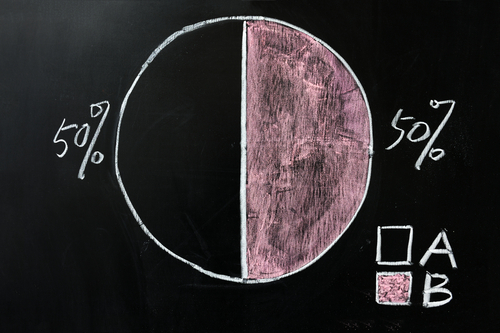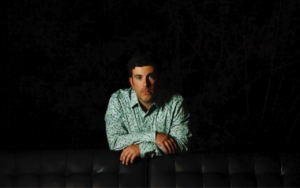
If you’re a songwriter, a composer, a lyricist, or anyone else who creates original music, and you’ve not signed a deal with a music publishing company — YOU own your music publishing rights!
What are your music publishing rights exactly?
Well, you get to determine how the musical copyright to a song you’ve written (meaning the composition itself, as a separate entity from any particular master recording of that song) is used or “exploited.”
Publishing rights earn you money any time your song is…
- streamed.
- downloaded.
- manufactured on CD or vinyl.
- performed live.
- played on the radio.
- synced to TV, film, commercials, games, etc.
Whether it’s generated by your own recording or another artist covering your song, you should be earning publishing money from all the above.
https://www.youtube.com/watch?v=fLyUtHi1x2U
How do publishing royalties get split?
For many publishing royalties that are generated from the usage of your music, 50% gets paid to the songwriter/s and 50% gets paid to the publisher/s.
But as I mentioned above, if you’ve not signed a deal with a publishing company, you are considered both the songwriter AND the publisher.
How do publishing royalties get split up among co-writers?
There is no one-size-fits-all answer for this question. Some collaborators decide it’s best to split everything evenly, even if one person contributed more to the song. Other co-writers take it song by song and split up their ownership in a composition according to the “percentage” of the song they wrote.
For instance, one writer might’ve done the melody, verse lyrics, and chorus lyrics for a song, but the other writer contributed a bridge section. Is that worth 10%? 25%? 50%?
Those determinations should be made immediately upon completion when who did what is still fresh in your head.
Download our free PUBLISHING SPLIT SHEET for co-songwriters.
What about producers and beatmakers?
Publishing can get confusing when you start considering production and beatmaking. Why? Well, technically, copyright law views a “song” as the lyrics and the melody, nothing more.
So the chords aren’t a song. The beat isn’t a song. The arrangement isn’t a song. That sick guitar lead isn’t a song.
BUT… any of those extra elements COULD be the very thing that elevates those melodies and lyrics from mere intellectual property to sublime art. Is that worth an ownership stake in the composition? Maybe.
Again, the law says “not necessarily,” and labels long ago worked out a system where producers were awarded royalty points on income generated from the usage and sale of the sound recording, but NOT granted a percentage of the publishing.
However, we all know how a certain synth hook, a certain riff, a certain groove can MAKE a song. And if your producer or beatmaker has contributed an element to your recording that could later be viewed as essential to someone’s impression of a composition, that might be worth a percentage of the publishing.
In the world’s of hip-hop and EDM, this is an even more common consideration. And again, there’s no “right” answer. It needs to be an agreement between the parties involved in the creation of the music, and it should be decided upon the completion of the work. Don’t wait!
Performance royalties
Once you’ve determined who owns your publishing, and in what percentage, it’s worth knowing how that money will get distributed between the writers and the publisher. For the purposes of this article we’re assuming you are both the writer and the publisher.
If so, you are owed both shares (50% for the songwriter/s, and 50% for the publisher/s) of any performance royalties your songs generate from…
- live performances.
- terrestrial radio play.
- internet radio play.
Mechanical royalties
Again, if YOU are both the songwriter AND publisher, you’d be owed 100% of any licensing income your songs generate, and you’d be owed 100% of mechanical royalties generated from…
- global streaming activity.
- digital downloads.
- the manufacturing of your songs on physical media such as CDs, vinyl, and cassette.
[You’ll need a publishing administrator to collect mechanical royalties from downloads overseas.]
It’s up to you to exploit the copyright to your compositions, and it’s up to you to collect the royalty payments. Unless, of course, you work with an established music publisher who can (either for a fixed period of time or in perpetuity) help you find opportunities to earn money from your songs.
[With CD Baby’s Sync Licensing Program, your music will be included in a catalog of songs available for use in film, TV, commercials, games, and more. Plus, you’ll earn money for the usage of your music on YouTube.]
What does the publisher get out of the bargain? As mentioned above, a typical royalty split between the songwriter and the publisher is 50/50 — but 50% could be a small price to pay if they’re using their publishing expertise to generate big income from the exploitation of your copyright.
